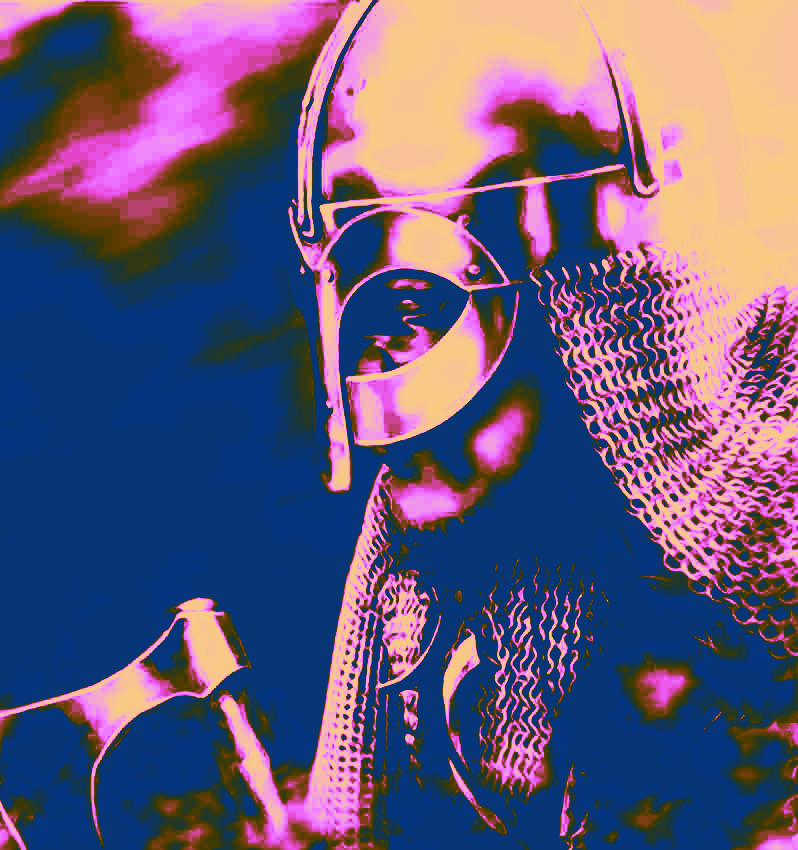Viking tale twisted by female DNA
 Norwegian researchers have discovered new information that shows Viking settlements may have been much more progressive than many believe.
Norwegian researchers have discovered new information that shows Viking settlements may have been much more progressive than many believe.
Beyond the stereotype of rampant raping and pillaging by male Vikings, the new study shows that females frequently made up part of the horde.
“It is true that the Vikings are thought to have taken local women [from the places they invaded], but the DNA evidence in this study [and another study] does indicate that Norse women were involved in the colonisation process,” says the University of Oslo’s Professor Erika Hagelberg.
Researchers extracted and analysed mitochondrial DNA from eighty Norwegian Viking skeletons.
They found that Norse women played a central role in many Viking settlements, especially in Britain.
The study compared the ancient DNA of Viking skeletons 1,000 years old with that of modern day Norwegian and other Europeans.
The study had some profound findings.
It turns out the maternal Norse lineage spread to areas including the British Isles and Iceland, and the still exists in the DNA of locals today.
It is possible that people living in any of the countries covered could have female Viking blood in them.
‘Unn the Deep Minded’ was one of the famous Viking women, though the reality of her existence has been disputed.
Historians typically believe that women were rarely appointed as Vikings in the invading hordes.
But according to the Viking Society, Unn the Deep Minded was the first great leader of Viking nobility in Iceland, and her story is associated with the founding of both Iceland and Greenland.
Women are frequently disputed or entirely neglected for their roles history, but findings like those of the University of Oslo prove there may have been more truth to these stories.
They strongly suggest women such as Unn played a key role in the history of the Vikings.
“Both males and females took part in the colonisation of the North Atlantic,” says Jan Bill, a Viking expert at the University of Oslo.
While the Vikings will probably never be known for their politeness or respect for local communities, their significance in Northern European history cannot be underestimated.
Some experts believe the DNA proof of female Vikings adds a fresh, feminine, and powerful element to the history of Scandinavia.








 Print
Print